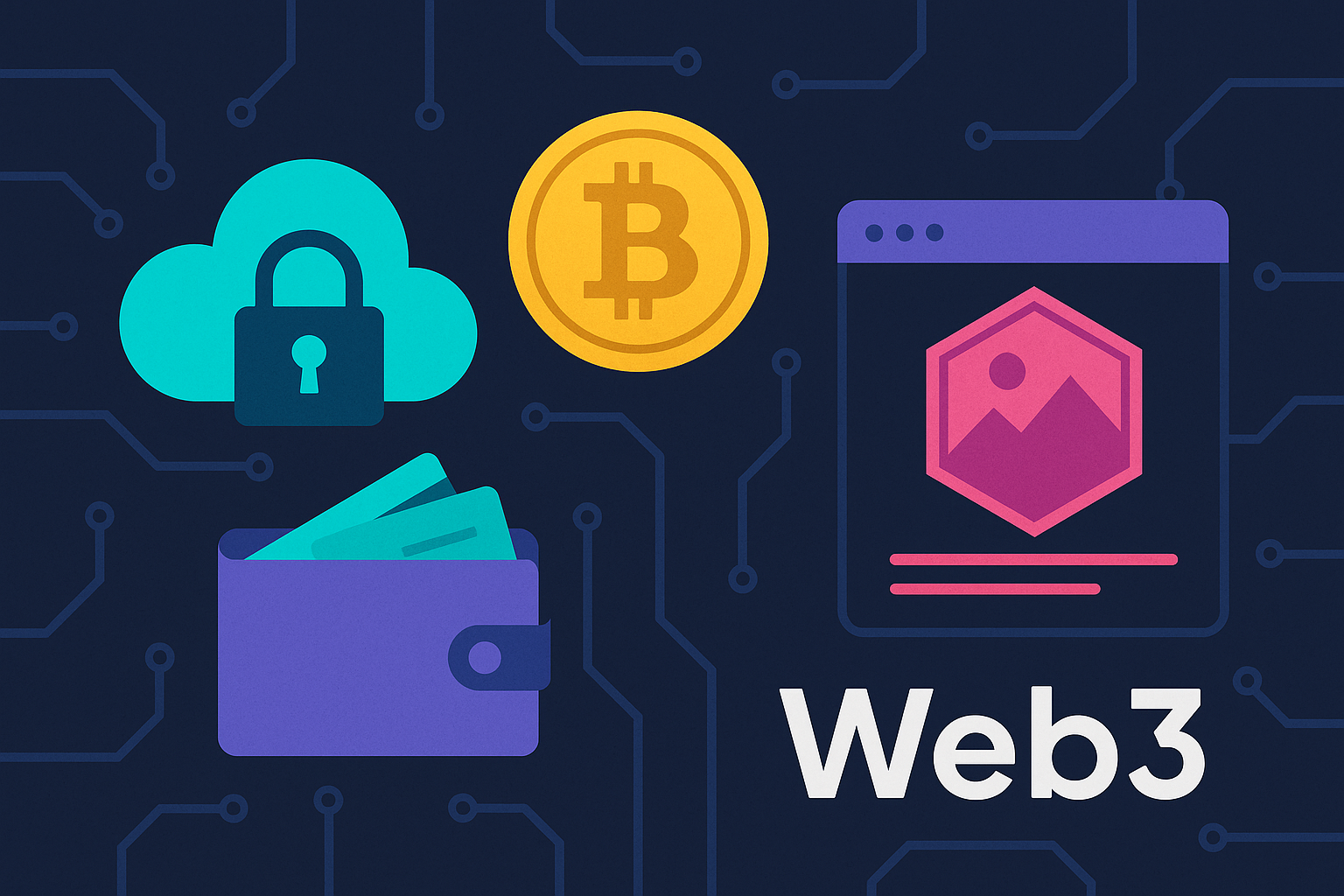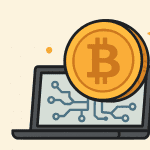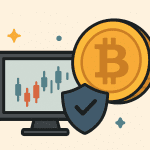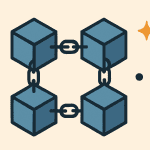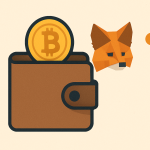You may have heard people talking about Web3 — the next version of the internet. But what does that actually mean? And why is it important?
In this beginner-friendly guide, we’ll explain what Web3 is, how it’s different from Web2, and how it’s changing the way we use the internet — using simple, easy-to-understand language.
Contents
A Quick Look at Web1 and Web2
To understand Web3, let’s first look at how the internet has changed over time.
🕸️ Web1 (The Static Web) – 1990s
-
Mostly read-only websites
-
No user interaction
-
You could read pages, but not post anything
-
Example: Old news websites or personal blogs
🌐 Web2 (The Social Web) – 2000s to Now
-
Interactive and social
-
You can post, like, comment, and share
-
Apps are controlled by big companies (Google, Facebook, Amazon)
-
You give away your data in exchange for free services
🌍 What Is Web3?
Web3 is the next version of the internet.
It uses blockchain technology to give users more control over their data, money, and online identity.
In Web3:
-
You own your data and digital identity
-
You can use cryptocurrencies to pay, earn, and trade
-
There are no middlemen or centralized platforms
-
Apps are run by smart contracts on the blockchain
In short, Web3 is open, decentralized, and user-owned.
Key Features of Web3
✅ Decentralization
Apps and platforms aren’t controlled by one company. They run on blockchains, where no one can cheat or take control.
✅ Ownership
You truly own your digital assets (like NFTs, tokens, or domain names). You don’t rely on a company to store your stuff.
✅ Permissionless Access
No need for a username, password, or approval — just connect your crypto wallet.
✅ Privacy and Security
Your identity stays in your control. You choose what to share and when.
✅ Built-in Payments
You can pay, trade, or earn money using cryptocurrencies without banks.
Examples of Web3 in Action
Here’s how Web3 is already being used:
-
🎮 Gaming – Own your in-game items as NFTs (e.g., Axie Infinity)
-
💰 DeFi (Decentralized Finance) – Trade, lend, and earn crypto (e.g., Uniswap, Aave)
-
🖼️ NFTs – Buy and sell digital art or music (e.g., OpenSea)
-
📬 Social Media – Platforms where users earn tokens for posting (e.g., Lens Protocol)
-
☁️ Storage – Decentralized cloud storage (e.g., Filecoin, Arweave)
In Web3, you’re not just a user — you’re a participant.
How Is Web3 Different from Web2?
| Feature | Web2 | Web3 |
|---|---|---|
| Ownership | Controlled by companies | Owned by users |
| Identity | Email and password | Crypto wallet |
| Data | Stored on company servers | Stored on blockchain |
| Payments | Credit cards, banks | Crypto (ETH, BTC, etc.) |
| Censorship | Platforms can ban or block | Decentralized and open |
| Revenue | Goes to companies | Shared with users (via tokens) |
Why Does Web3 Matter?
Web3 is important because it:
-
Gives power back to users instead of big tech companies
-
Lets people earn from the platforms they use
-
Builds a fairer, more open internet
-
Helps creators, developers, and communities grow without middlemen
-
Encourages global access — no bank account or ID needed
It’s still early, but Web3 could change the way we work, play, and interact online.
How to Start Using Web3
Getting started is easier than you might think:
-
Get a Crypto Wallet
Try MetaMask, Trust Wallet, or Coinbase Wallet. -
Buy Some Crypto
Start with small amounts of ETH or another coin on a trusted exchange. -
Connect to a dApp
Use a Web3 app like Uniswap, OpenSea, or a blockchain game. -
Learn and Explore
Follow Web3 news, join Discord groups, or try out more apps as you go.
Final Thoughts
Web3 is not just a buzzword — it’s a new way of using the internet, built on values like ownership, privacy, and freedom.
If you care about having control over your digital life, Web3 is something worth exploring. It’s still growing, but you don’t need to be a tech expert to get started.
